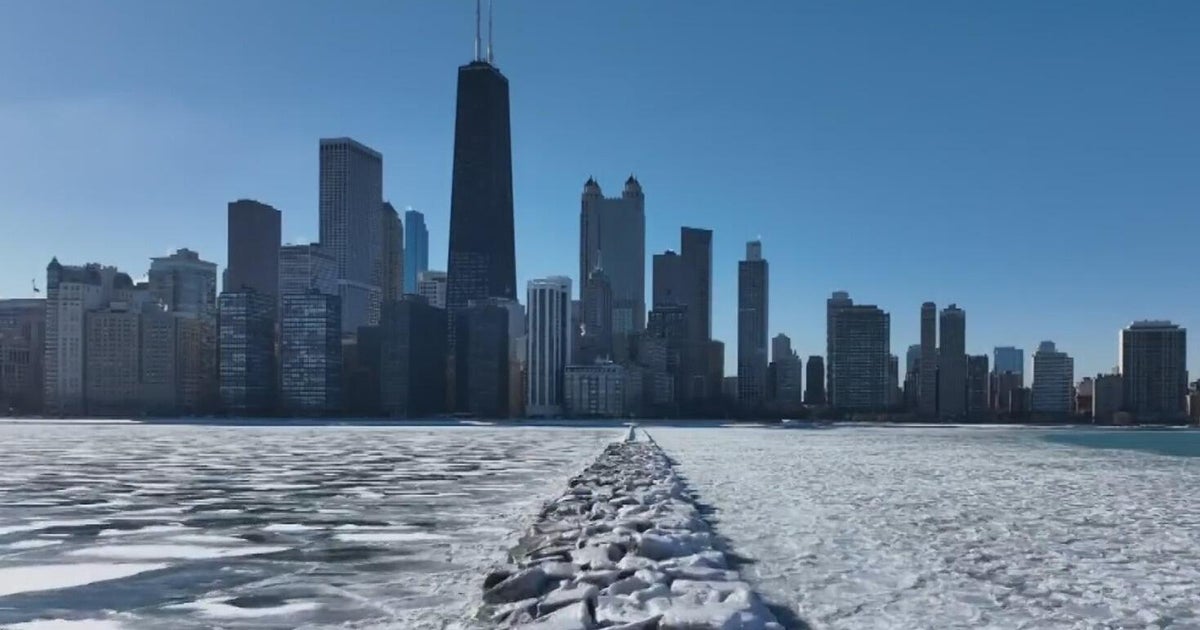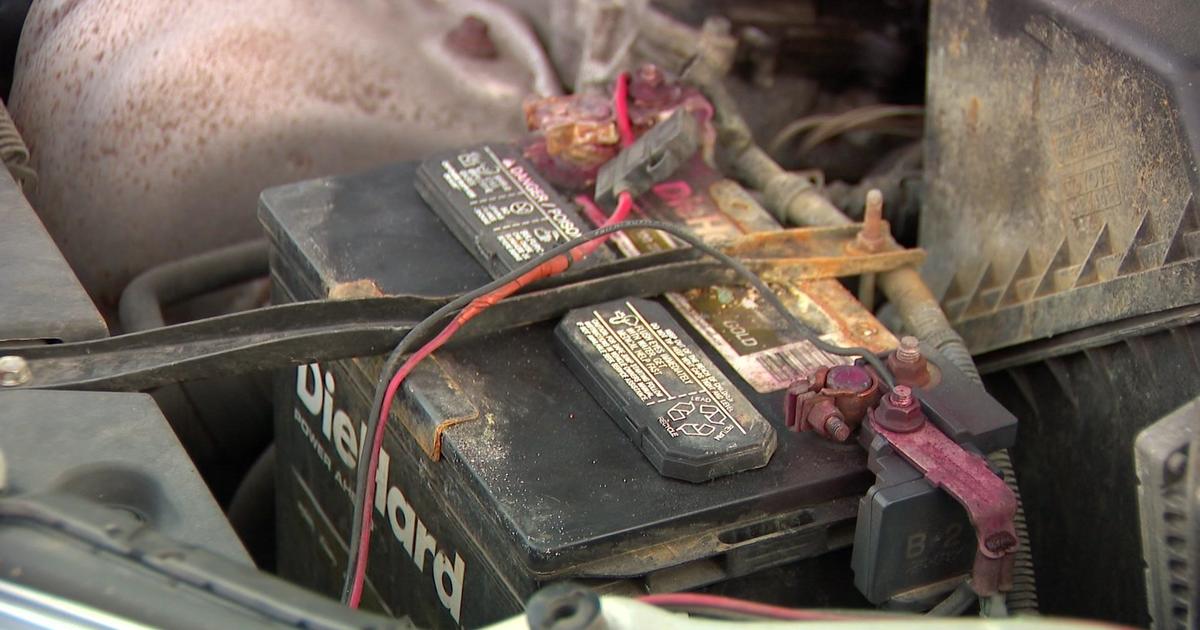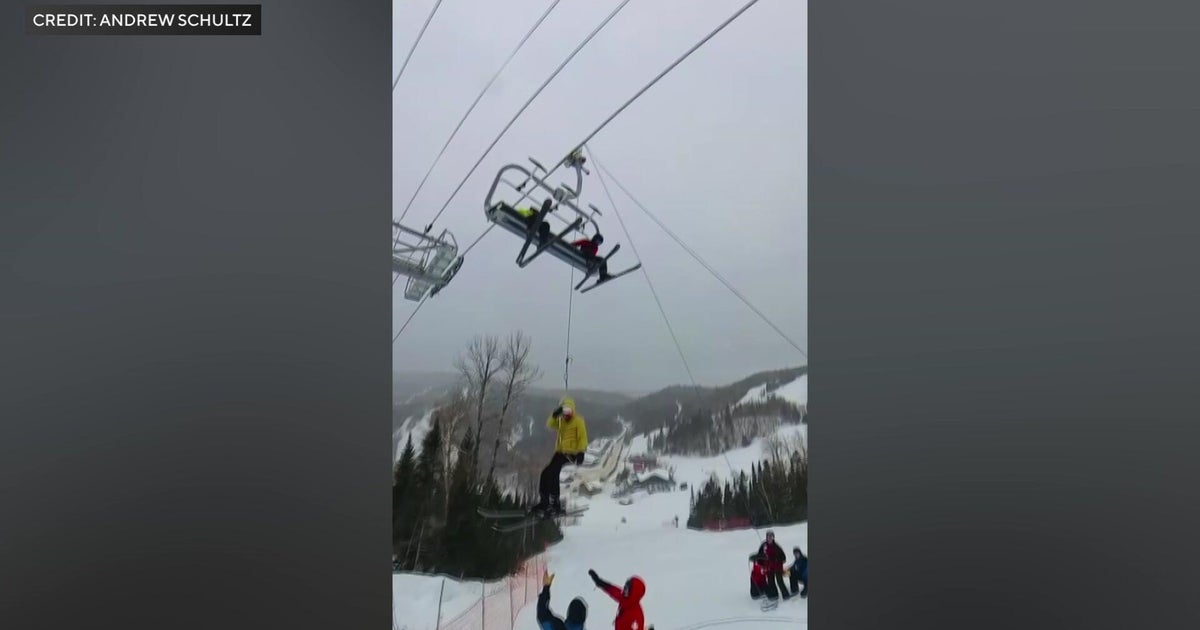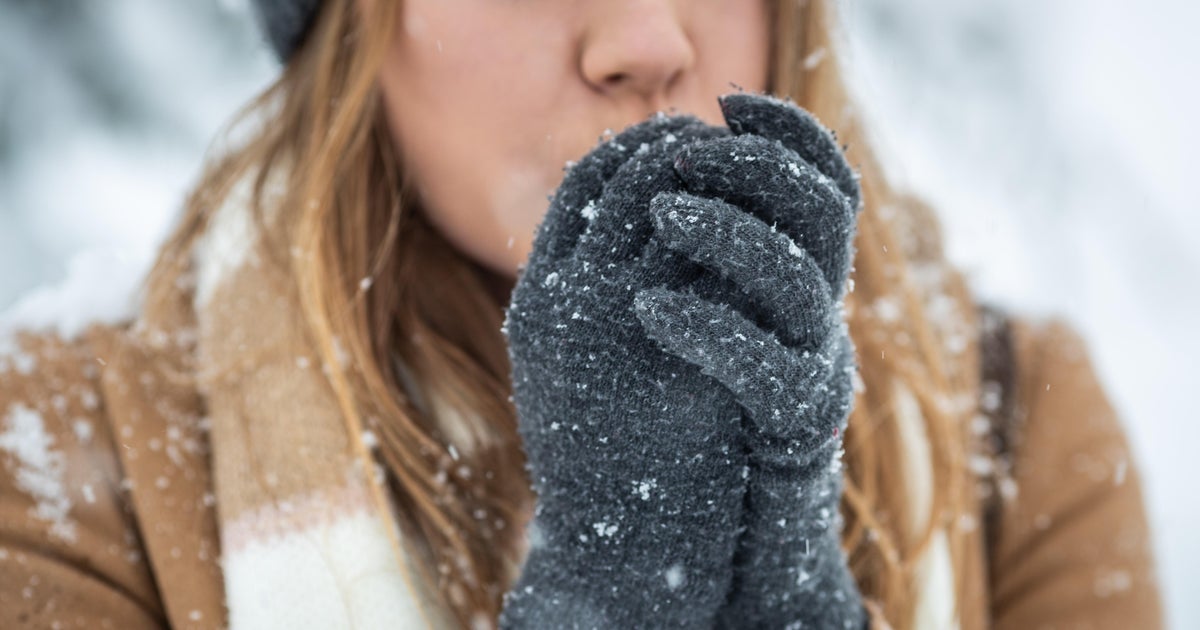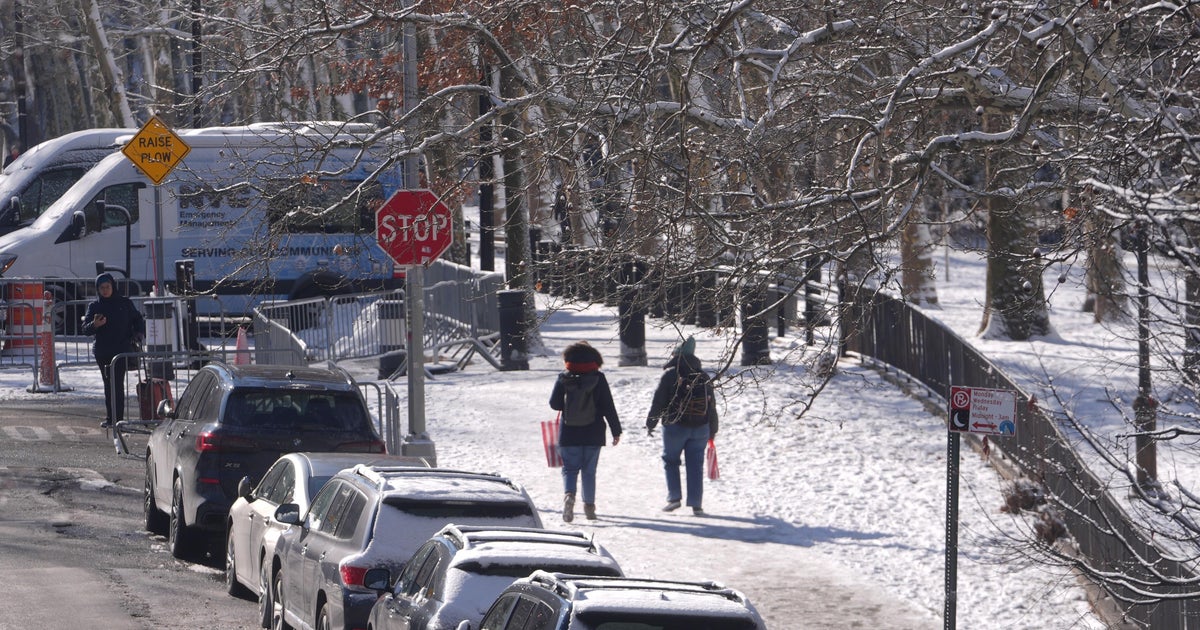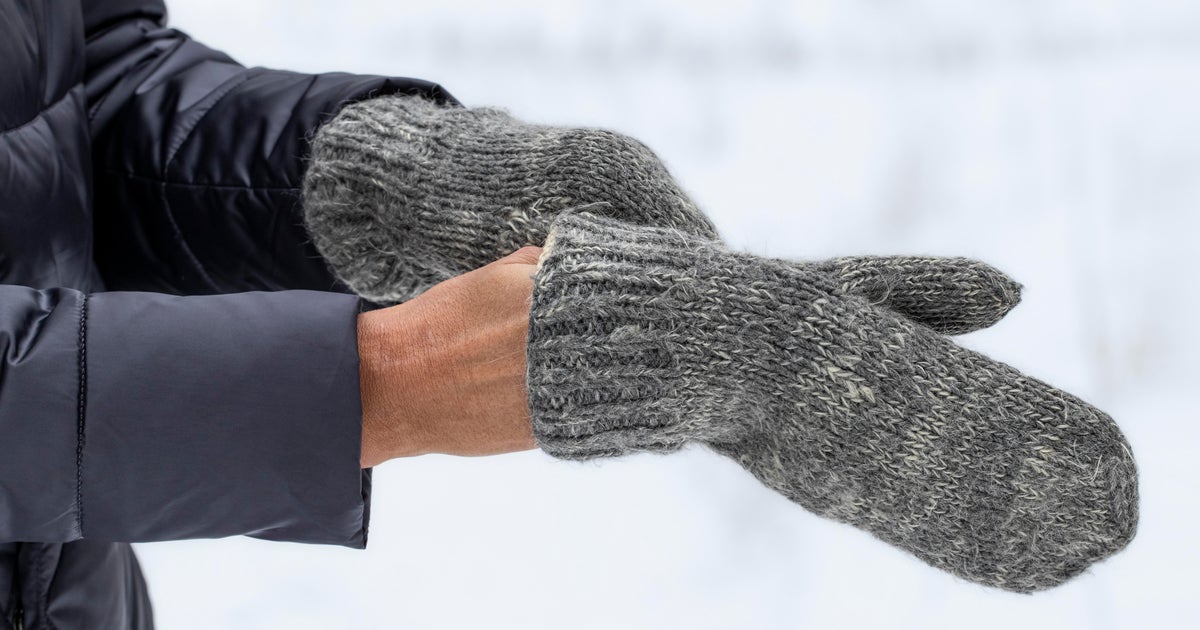Extreme heat is taking a toll on U.S. workers. Will new proposed federal rules bring relief?
Denver — Spend a day with chef Edwin Sandoval and his food truck in Denver, Colorado, and you can't help asking yourself: Does this guy ever stop?
"I love it, to be honest with you," Sandoval said. "It's just so much different than being in a traditional brick-and-mortar restaurant."
Sandoval has two events and a 16-hour day ahead of him, and it's going to be hot.
"There's always…a little bit of an aspect of kind of being like, foggy," Sandoval said. "Because I think it's like, so hot, and your body's trying to adjust the temperature. Physically, it gets pretty tiring."
Inside his food truck it is 102 degrees Fahrenheit, and even hotter in front of the grill. Sandoval regularly rotates his workers off the grill and carries plenty of water and Gatorade on board.
"I think there's just like, to a point, where you realize that there's a discomfort in working in kitchens," Sandoval said.
While five states —California, Colorado, Minnesota, Oregon and Washington— have laws in place protecting workers from excessive heat, for decades there have been no federal protections. But that may be changing. In July, the Biden administration proposed a new rule that would cover an estimated 36 million workers.
The first-of-its-kind proposals call for access to drinking water and rest areas when temperatures reach 80 degrees. When temperatures reach 90 degrees, workers would receive a mandatory 15-minute break every two hours.
The proposed safety standards would cover most private sector jobs like restaurant, construction and warehouse workers, as well as delivery drivers.
There were an average of 32 heat-related workplace deaths a year from 1992 to 2019, according to the U.S. Bureau of Labor Statistics. There were 43 such fatalities in 2022, up from 36 the year before.
Some large trade groups, like the American Farm Bureau Federation, oppose the new rules. In a statement provided to CBS News, it said that "this rule is another one-size-fits-all regulation that fails to account for diverse regional differences."
But Jill Rosenthal, a worker health and safety advocate, believes the proposal can be good for both workers and employers.
"I think they absolutely will make an impact on the lives of workers," said Rosenthal.
"It can reduce worker compensation claims, reduce healthcare costs," she added. "If you consider the productivity losses that employers are facing, it shouldn't be much of a lift."
Sandoval says the issue revolves around how to "keep staff the happiest and healthiest" while also allowing businesses to be "financially responsible."
Sandoval ultimately believes that workers do need more heat protections, "especially as the climate is changing."
Nationwide, seven out of 10 communities now experience at least seven more extremely hot days per year than they did in 1970, according to numbers from the nonprofit climate research group Climate Central.
According to Climate Central, the "analysis defines an extremely hot day as exceeding the 95th percentile of that location's average maximum summer temperature rounded up to the nearest" 5 degrees.
In Denver, for example, there were 27 extremely hot days in 2022. In Seattle there were 14 days above 80 degrees that same year, and in Detroit there were 10 days above 85 degrees. The increases are driven by the emission of heat-trapping gasses that cause climate change.
After a long day's work, Sandoval is hooking up the trailer of his food truck to haul it away.
"I can feel it in my joints," he said.
Working in the heat takes its toll, and tomorrow he'll do it all over again.


